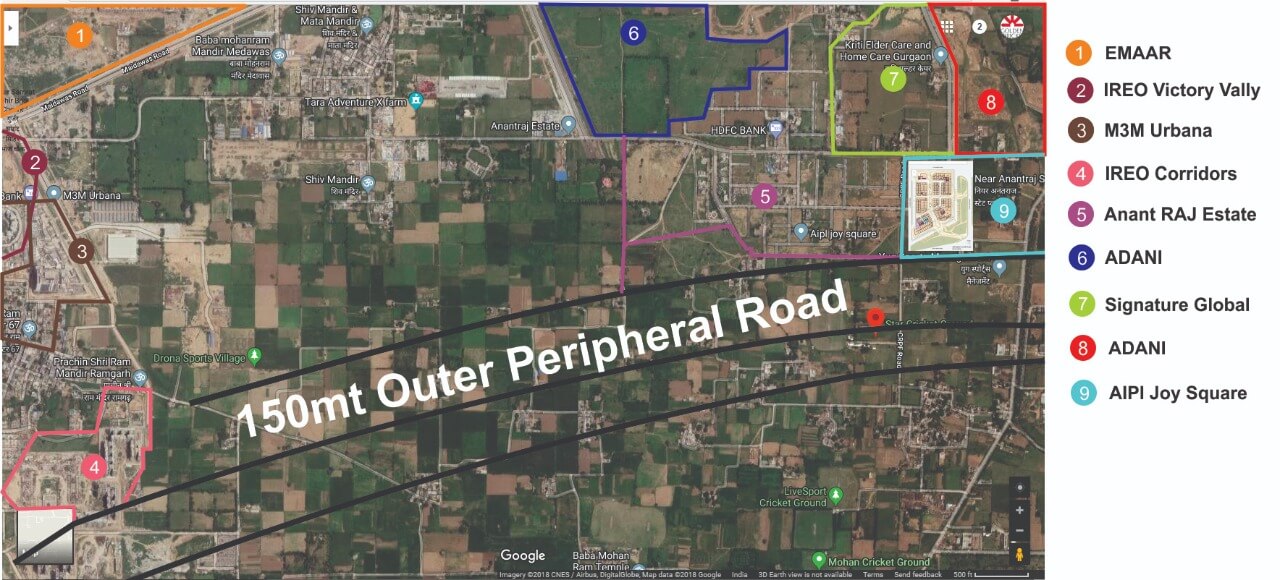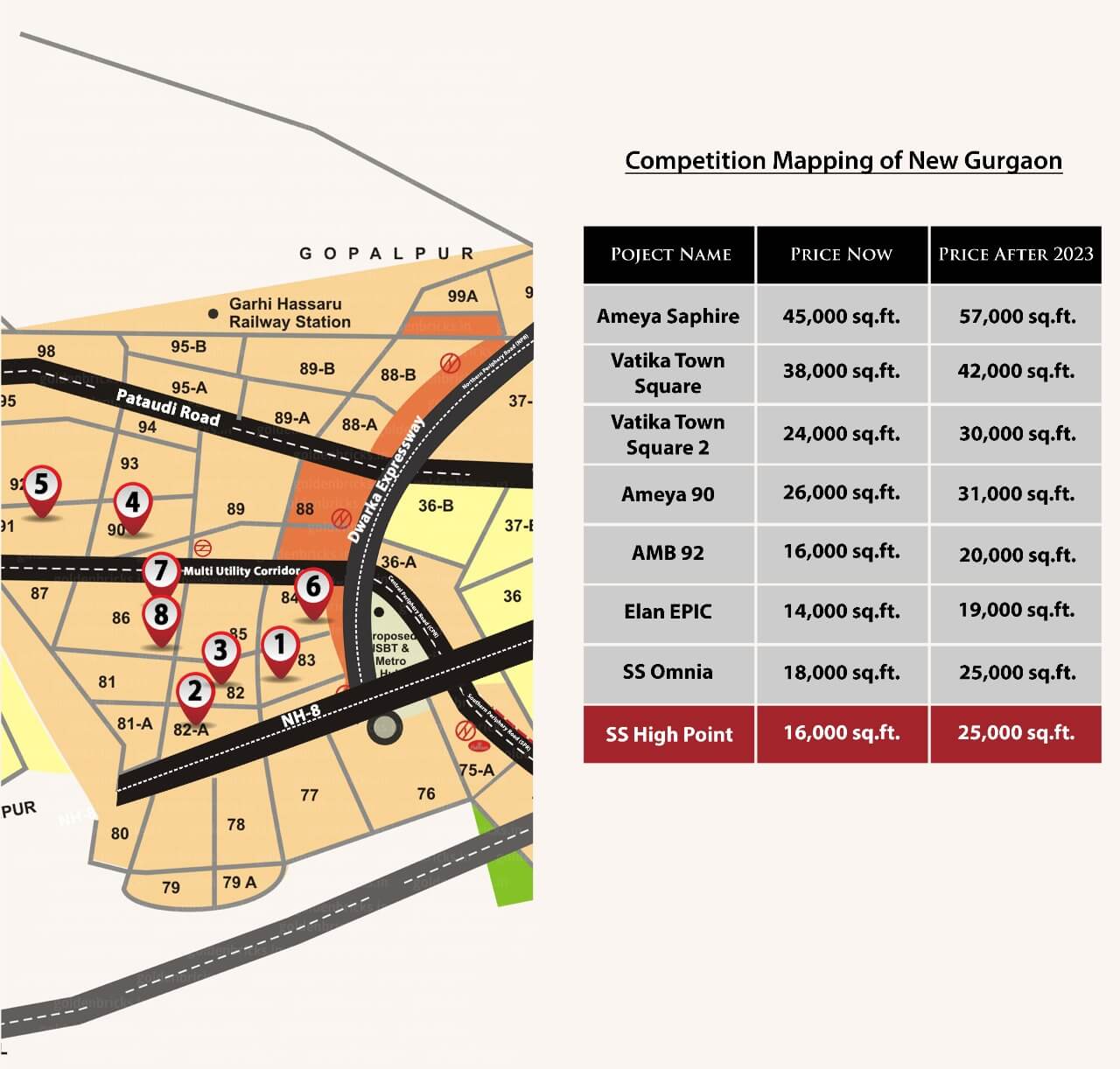What Is Assured Return And How Does It Work?
Assured return is the fixed monthly amount offered by the builders to an individual for investing in their under construction project.
The way it works is that the builders get access to funds from financial institutions at a higher rate of interest and there are other stringent conditions applicable as well. However, generating funds through assured returns proves to be an economical, easy and less complex way. For example, if the rate of interest charged by a bank is 14%, the builder can raise the amount through assured returns process by offering a rate of interest of 12% to the investor. For an investor, it is much higher than average savings interest of 4% offered by their bank or 7-8% being offered by any fixed deposit scheme.
A builder is able to do that by raising the price of the project. For example, a non-assured return project might be selling at a rate of Rs. 6000 psft, but the assured return unit will be sold to the investor at Rs. 7250 psft. This means an investor is paying a higher amount for the same kind of unit and this extra money is being returned over the years under the assured return option.
However, there are multiple risks involved by investing in such schemes such as no control over how the builder is going to sell the project, at what price and no guarantees of any rental income. Also, there are instances of cheque bouncing and abrupt ending of monthly payments. Besides, such an income is totally taxable with no subsidies or exemptions.
Be careful with such schemes and study in detail before investing!






